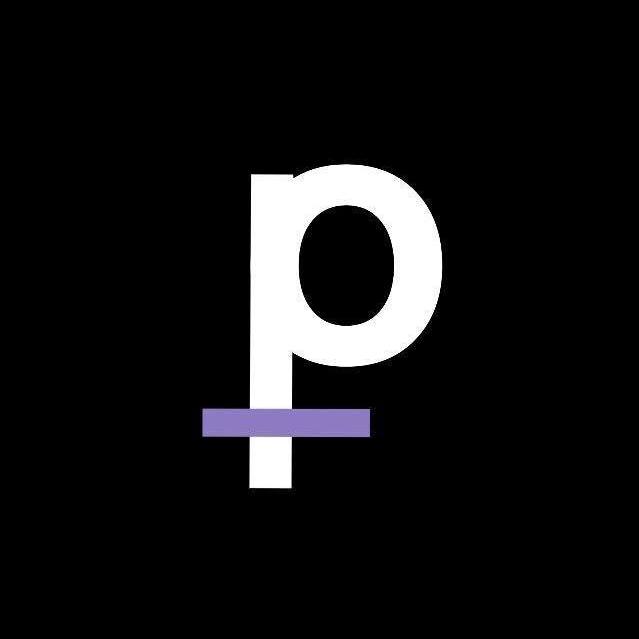workshop 3: May 18
Intersectionality
Recognizing the intersection between privilege and oppression in our multiple identities enables us to make a deeper impact in our communities. Intersectionality provides a framework and an entry point to understanding how our identities are connected to larger systems of oppression. Through movement, facilitated conversation, and identity based caucusing, you will be encouraged to reflect on your points of privilege and oppression. This in turn will allow us to intentionally explore how external oppression shows up in professional and personal settings.
Topics
Intersectionality
Power and Privilege
Identity-based Caucusing
External Oppression in Personal and Professional Settings
Objectives
Critically reflect and explore your intersecting identities
Recognize how power and privilege shows up in your personal and professional lives
Discuss what actions we can take to address external oppression
Cost $125
*breakfast and lunch included
Jessica Ayden Li
Social Impact Nonprofit Consultant
Jessica is a non-profit consultant, trainer, mentor, and advocate (www.jessayden.com). She has over 10 years of experience working with non-profit organizations and in the social sector. She is passionate about ending gender-based violence and promoting immigrant and refugee rights. Jessica previously served as the Executive Director of San Francisco SafeHouse as one of a few woman leaders of color in non-profits in San Francisco. She was also the Executive Director at the Asian/Pacific Islander Domestic Violence Resource Project in Washington, D.C. In addition, she has served as the Public Outreach Officer with the United Nations Mission in Sudan and worked with the International Rescue Committee, advocating on behalf of internally displaced persons, refugees and asylum seekers. Most recently, Jessica was the Director of Impact Initiatives at the LeaderSpring Center in Oakland where she focused on leadership development in the non-profit sector and trainings on diversity, equity, and inclusion. She spends her free time traveling around the world and hanging out with her rescue dog, Hansyn.
Brenda Herrera Moreno
Consultant, In.Visible Paradigms
At a young age, Brenda moved from Mexico to India with her family. She and her parents relocated to South Carolina when Brenda was eleven. There, confronted with the forces of American assimilation, Brenda began developing her passion for social justice and advocacy. She ultimately pursued an interdisciplinary degree at Hampshire College in Amherst, Massachusetts. During her time at Hampshire, she studied how social and political systems delineate and silence marginalized communities. Her passion for creating transformative spaces for individuals led her to develop unique integration programs for refugee and immigrant youth in the Denver Metro Area. Brenda has also worked as peer recovery coach and as a counselor and advocate for survivors and victims of domestic violence. After the the election of Donald Trump in 2016, Brenda founded In.Visible Paradigms (www.invisibleparadigms.com) with the goal of providing a space for white individuals to openly discuss and ask questions about privilege, allyship, and anti-oppression. In her work at In.Visible Paradigms, Brenda pulls from her personal, professional, and academic experiences to facilitate these conversations.



